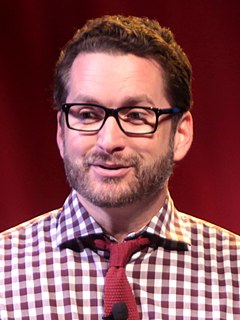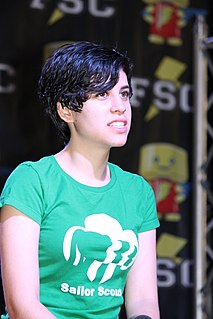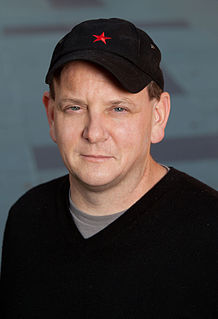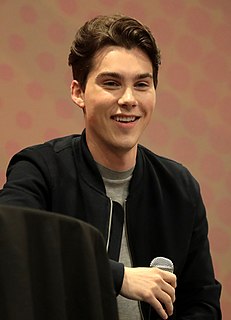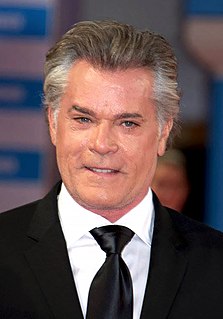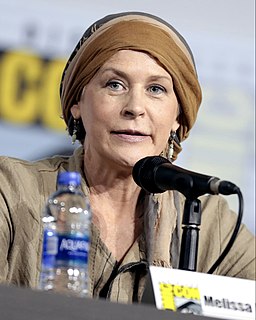A Quote by Burnie Burns
There is an animated version of 'Lazer Team,' with all the action sequences, that exists. It's a pre-visual fidelity, and the voice acting is terrible because it's one of our animators doing it. But we could sit there and watch what the scene is supposed to look like while we're doing individual shots.
Related Quotes
I enjoy 'Life Aquatic.' I think that one, from a visual standpoint, is just such a fun, visual movie to look at, whether it's the shots of the ship cut down the middle, that set where you can see everyone in each of their rooms doing whatever and moving about - something like that, I could watch that on a loop for an hour.
There are a few pretty fundamental differences. In voice acting, if you are doing game recording, for the most part you are going to be by yourself in a studio. With game voice acting you are constructing everything for yourself pretty much. You're thinking about what the other characters could be doing, trying to imagine the scene, you're constructing the entire environment for yourself.
Live-action has always been my focus and my passion. I love voice-over, and I definitely could see myself doing some voice-over, as much as I could, and even if I ended up doing only that for the rest of my life, and I could be successful at it, that would be great. But I think my real dream is to do films and live-action films.
Don't watch people's individual performances. Watch the energy that's being passed between them, and then you'll see if the scene is really working or if the actors are really doing their job. If they're playing with the energy that's between them, they're not just acting in their own little bubble.
At 21, you can live life with reckless abandon, as reckless as your abandon is. Then, at 30, there's something there are the supposed to be's. You're like, "I'm supposed to be doing this. I'm supposed to be doing that." You start measuring your life by what you think you're supposed to be doing. Having recently turned 40, it's like, "What the hell?! Why am I worried about what I'm supposed to be doing? What do I want to do?" You become fine with wherever the road takes you.
I had the best teacher in the business. Kevin Costner was my teacher. I was acting opposite him and he was directing me. The way he directed me, for which I am eternally grateful, is he would watch the scene back on the monitor, which is sort of considered unfashionable - you're not meant to watch yourself. But he was like, "Come around. Watch this. See there, you're doing a great reaction, but you're doing it out of frame." That was exactly what I needed. I learned how to act on film from him.
There are a lot of actors who will watch the monitors. They'll do a scene, and then the director will look back to see if he got whatever he wanted. I just find it odd to sit there and watch yourself. But if you can be objective, I can see how it's really useful as a tool, especially if you're doing something physical.
I try to think of acting in terms of thinking and doing. People think of it as, "Oh, let's get inside this guy." They think that acting is being, or feeling, or emoting. It's as much doing. One of the first things you do as an acting student is ask, "Can you say words and do a task at the same time, like sweep a floor?" You get to watch the human condition, and there's always a "doing" aspect of it. This couple, they're carrying backpacks, where are they going? Students? Or are they carrying instruments? It stimulates the imagination. So acting is doing ... and I forget how we got off on that.
In a love scene that's really advantageous because you don't have that horrible moment of: "We don't really know what we're supposed to be doing, we just know we're supposed to be snogging and then shagging." Then the director shouts "action" and it's like: "Should I feel her boobs? I don't want to feel her boobs!"
